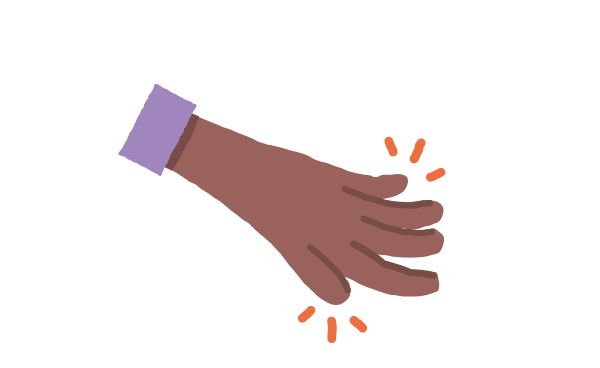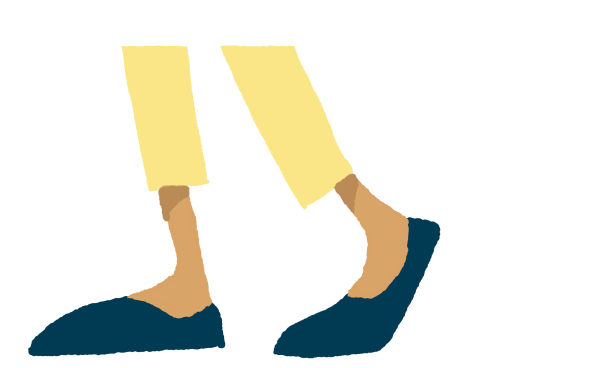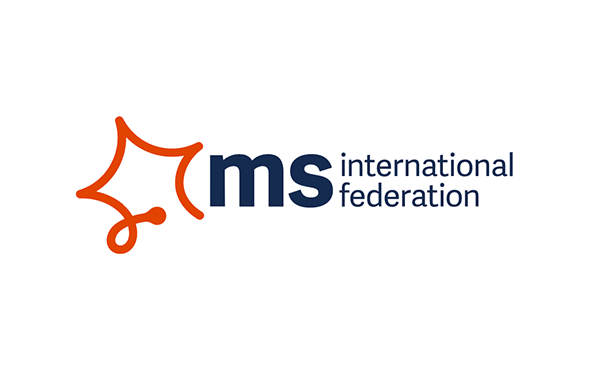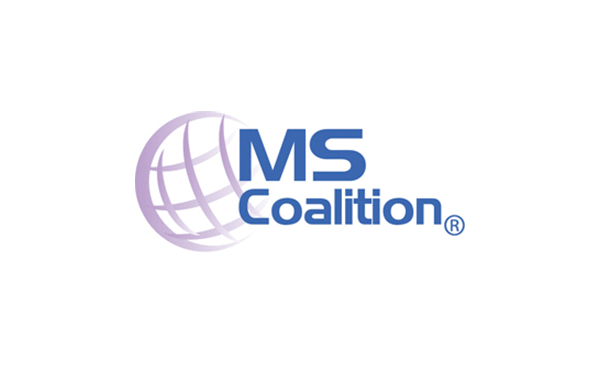Multiple sclerosis
Learn about multiple
sclerosis and what we’re
doing to help
Our MS research
We’re currently focusing our research on finding out if investigational drugs may potentially slow the progress of MS by reversing or possibly repairing the damage and inflammation that the disease causes to the myelin.
We’re also conducting trials in drugs currently approved for adults to see if they’re suitable for children with MS, as well as looking to increase the ways in which treatments are given. See our section on clinical trials in children.
What could a Biogen MS trial involve?
Before you join a trial, the trial team will first confirm your eligibility with some health assessments. Then, if you’re eligible and choose to take part in an MS trial, you’ll need to attend several appointments so that we can closely monitor your health and condition with health assessments such as:
These are done to assess your walking ability, for example, to see how far you can walk, and how you get on when turning around while walking.
These are to assess how well you’re thinking and performing daily activities, as well as how you’re feeling, in terms of your mental health and wellbeing.
Magnetic resonance imaging (MRI) uses a magenetic field and computer-generated radio waves to create detailed images of the organs and tissues in the body, including 3D images that can be viewed from different angles.
sensors
In some MS trials we’re testing sensors that send us information between visits to help us learn more about how the investigational drugs impacts MS.
Other assessments will be involved. A full list of these, and all other requirements around taking part in a trial, would be fully discussed with you before you made a decision about whether to join a trial or not.
Depending on the assessments required at each visit, you may be able to complete some of them at home or over the phone.
And remember, if you join a clinical trial, there are many rules and regulations in place to protect your rights, safety, welfare, and personal data.
What is the role of a caregiver in an MS clinical trial?
Someone who cares for you, for example, a partner, sibling, other family member, close friend, or professional caregiver, may take part in the trial with you. This may be to help you get to and from your appointments and support you throughout the trial. Or, they might be asked to help monitor any changes in your condition and report them to us. Visit our section on caregivers for more information about this role.
How can I get involved?
To find new treatment options for MS, we must first test investigational drugs in clinical trials. In the same way that diseases like MS can impact groups of people in different ways, how medicine works in the body can also vary for different groups of people. That’s why it’s so important that a diverse range of people take part in clinical trials.
You can learn more about the importance of diversity in clinical trials, and Biogen’s efforts to make an impact, here.

















